Geologists and researchers have long studied Earth’s unique features, offering insights into how humanity can improve living conditions. Most of their findings emphasize the importance of protecting our planet and promoting sustainability. But while Earth’s challenges are obvious to those who study it closely, astronauts see things from a much broader perspective. Former NASA astronaut Ron Garan, in an interview with Big Think, shared powerful insights from his view of Earth from space—one that offered a fresh perspective on the planet’s challenges.
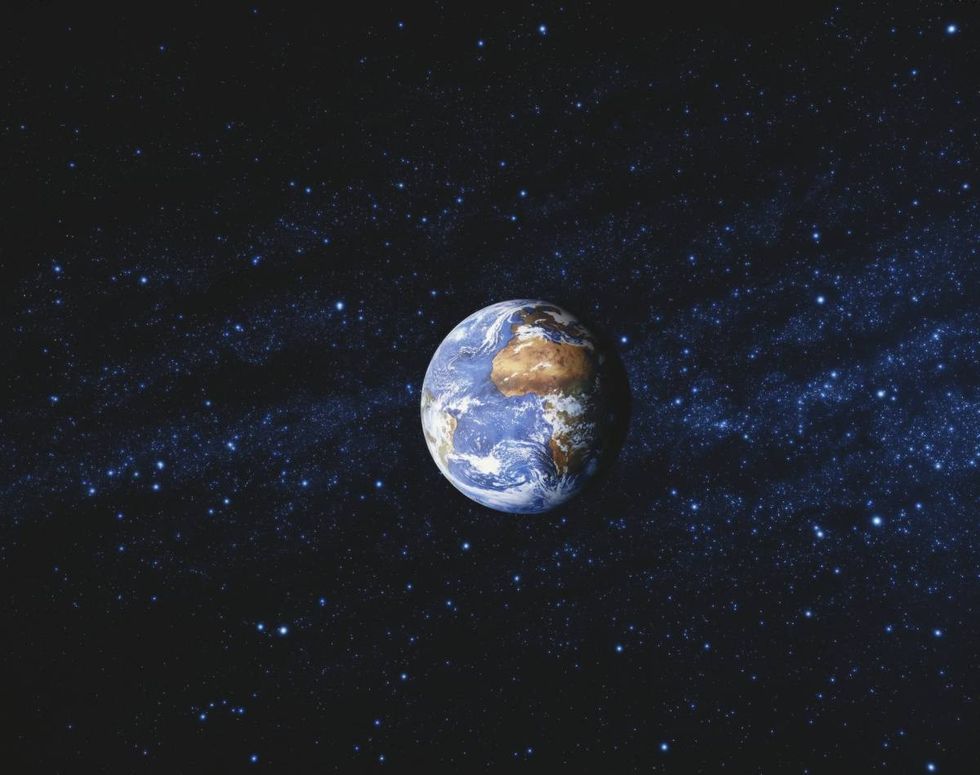
Garan’s observations from space shifted the usual way we think about Earth. He began by highlighting that the view of the Earth from space makes things “undeniably clear.” What he mentioned next had people surprised. The former astronaut pointed out that problems such as deforestation, global warming, and climate change, which are seen as profoundly dangerous issues, are just “symptoms” of an underlying root problem. Garan added that there is something bigger that humans don't see that needs worrying.

Garan described the striking beauty and stark reality he witnessed from space. “When I looked out the window of the International Space Station, I saw the paparazzi-like flashes of lightning storms. I saw dancing curtains of auroras that seemed so close it was as if we could reach out and touch them,” he exclaimed. However, while Garan observed some pretty magical visuals, he also noticed something concerning. “I saw the unbelievable thinness of our planet's atmosphere,” the astronaut remarked. It was this very view that left him distressed.
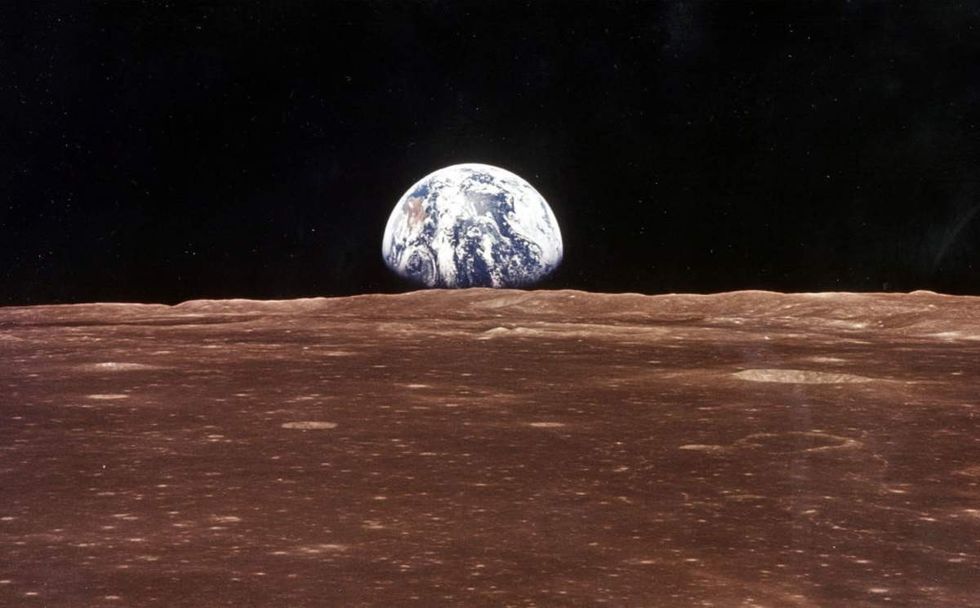
That “paper-thin” atmosphere is all that stands between humanity and disaster. Garan was troubled by how easily this fact is overshadowed by economic priorities. “I saw an iridescent biosphere teeming with life. I didn't see the economy. But since our human-made systems treat everything, including the very life-support systems of our planet, as the wholly owned subsidiary of the global economy, it's obvious from the vantage point of space that we're living a lie,” he said.
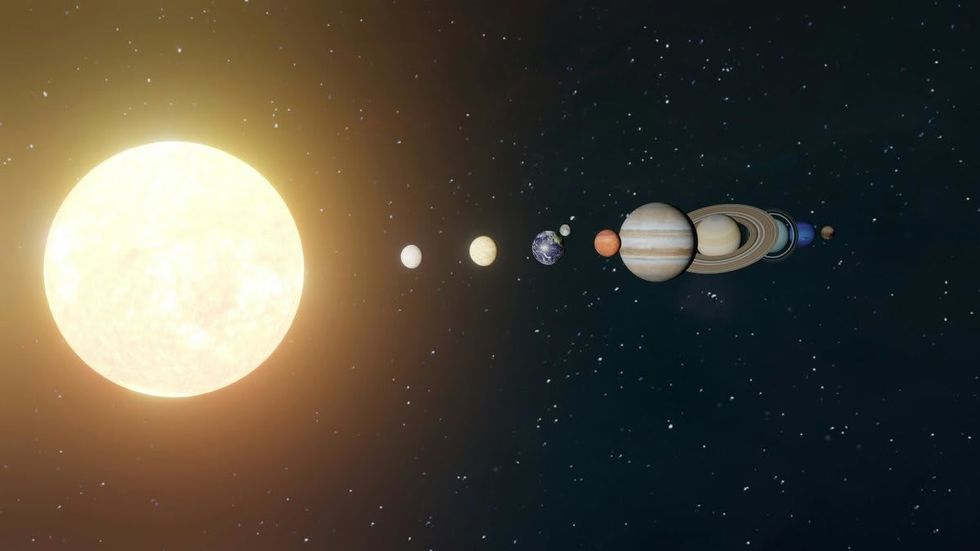
According to Garan, humanity’s inability to see the bigger picture limits our potential to solve the planet’s real problems. He shared the concept of the “overview effect,” something many astronauts feel after they visit space. “It describes the shift that astronauts have when they see the planet hanging in the blackness of space. There's this light bulb that pops up where they realize how interconnected and interdependent we all are,” the astronaut explained. He added that while most people view Earth as a whole and consider the rest of the space as “others,” that's not the case. “There is no such thing as them. There's only us,” he exclaimed.
Garan concluded, "When we can evolve beyond a two-dimensional us versus them mindset, and embrace the true multi-dimensional reality of the universe that we live in, that's when we're going to no longer be floating in darkness, we're going to leave the cave, and it's a future that we would all want to be a part of. That's our true calling.”


















 Representative Image Source: Pexels | Anni Roenkae
Representative Image Source: Pexels | Anni Roenkae Representative Image Source: Pexels | Its MSVR
Representative Image Source: Pexels | Its MSVR Representative Image Source: Pexels | Lucian Photography
Representative Image Source: Pexels | Lucian Photography

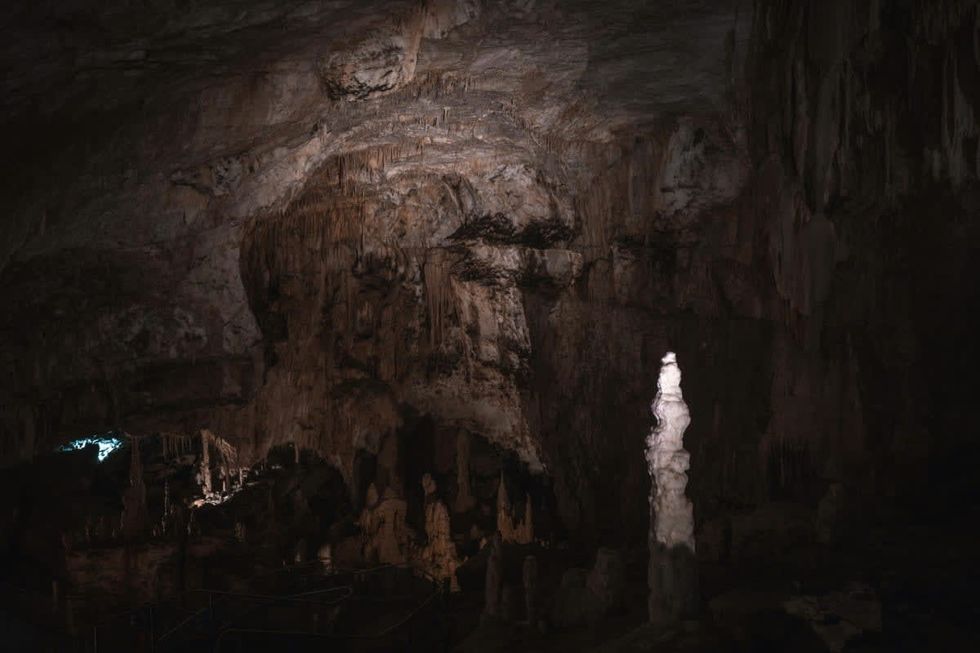 Representative Image Source: Pexels | francesco ungaro
Representative Image Source: Pexels | francesco ungaro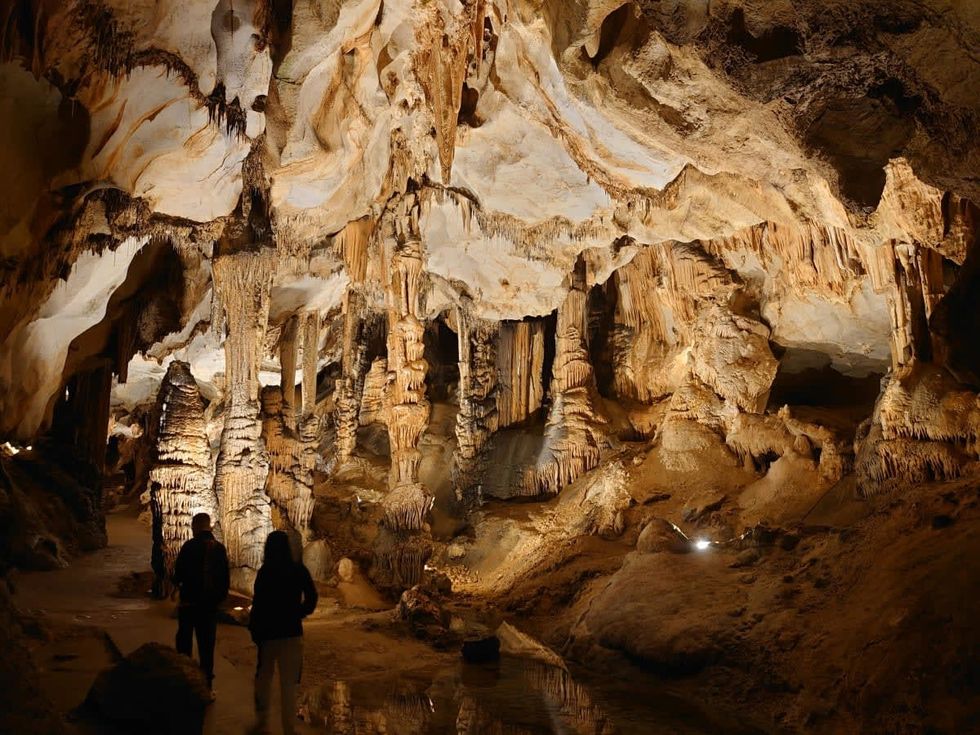 Representative Image Source: Pexels | parfait fongang
Representative Image Source: Pexels | parfait fongang Image Source: YouTube |
Image Source: YouTube |  Image Source: YouTube |
Image Source: YouTube |  Image Source: YouTube |
Image Source: YouTube | 
 Representative Image Source: Pexels | Hugo Sykes
Representative Image Source: Pexels | Hugo Sykes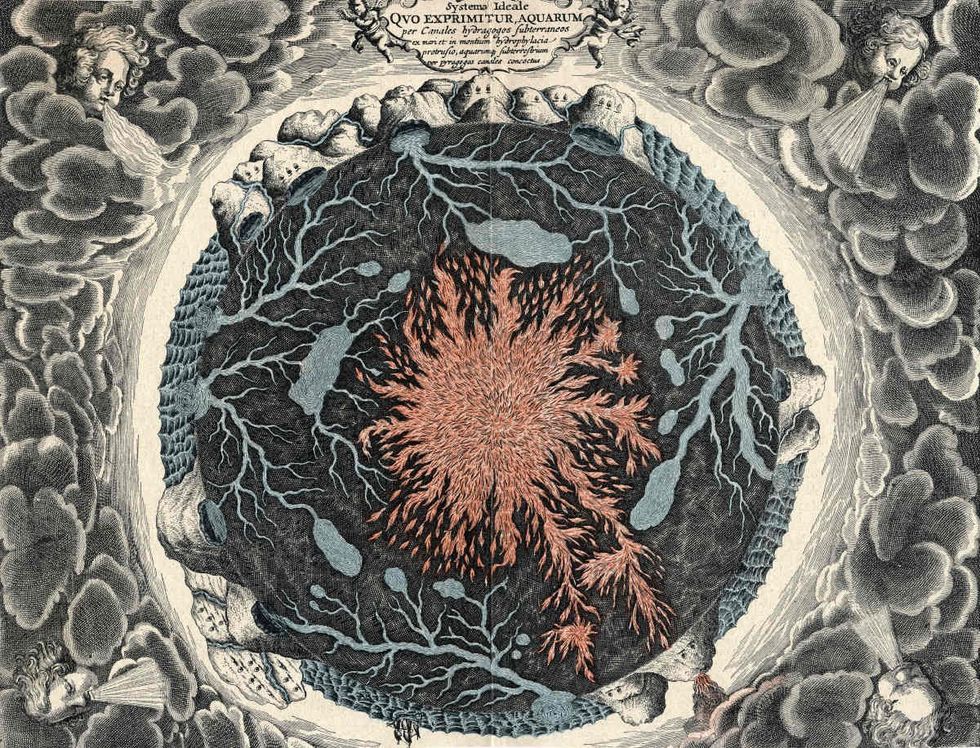 Representative Image Source: Sectional view of the Earth, showing central fire and underground canals linked to oceans, 1665. From Mundus Subterraneous by Athanasius Kircher. (Photo by Oxford Science Archive/Print Collector/Getty Images)
Representative Image Source: Sectional view of the Earth, showing central fire and underground canals linked to oceans, 1665. From Mundus Subterraneous by Athanasius Kircher. (Photo by Oxford Science Archive/Print Collector/Getty Images)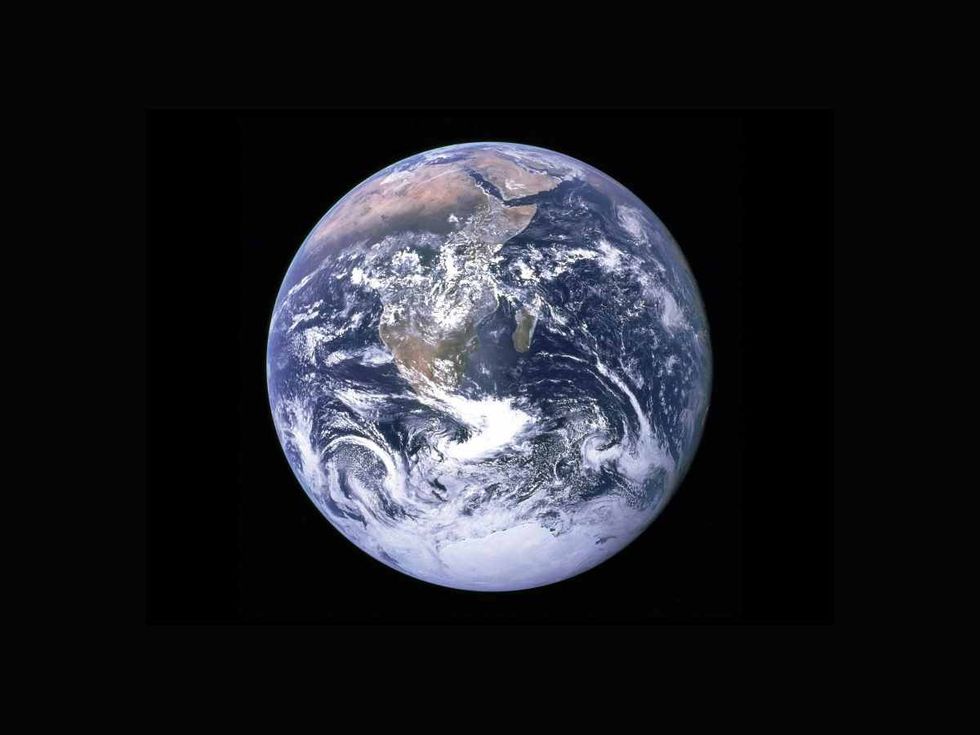 Representative Image Source: Pexels | NASA
Representative Image Source: Pexels | NASA




 Representative Image Source: Pexels | Steve Johnson
Representative Image Source: Pexels | Steve Johnson Representative Image Source: Pexels | RDNE Stock Project
Representative Image Source: Pexels | RDNE Stock Project Representative Image Source: Pexels | Mali Maeder
Representative Image Source: Pexels | Mali Maeder
 Photo: Craig Mack
Photo: Craig Mack Photo: Craig Mack
Photo: Craig Mack